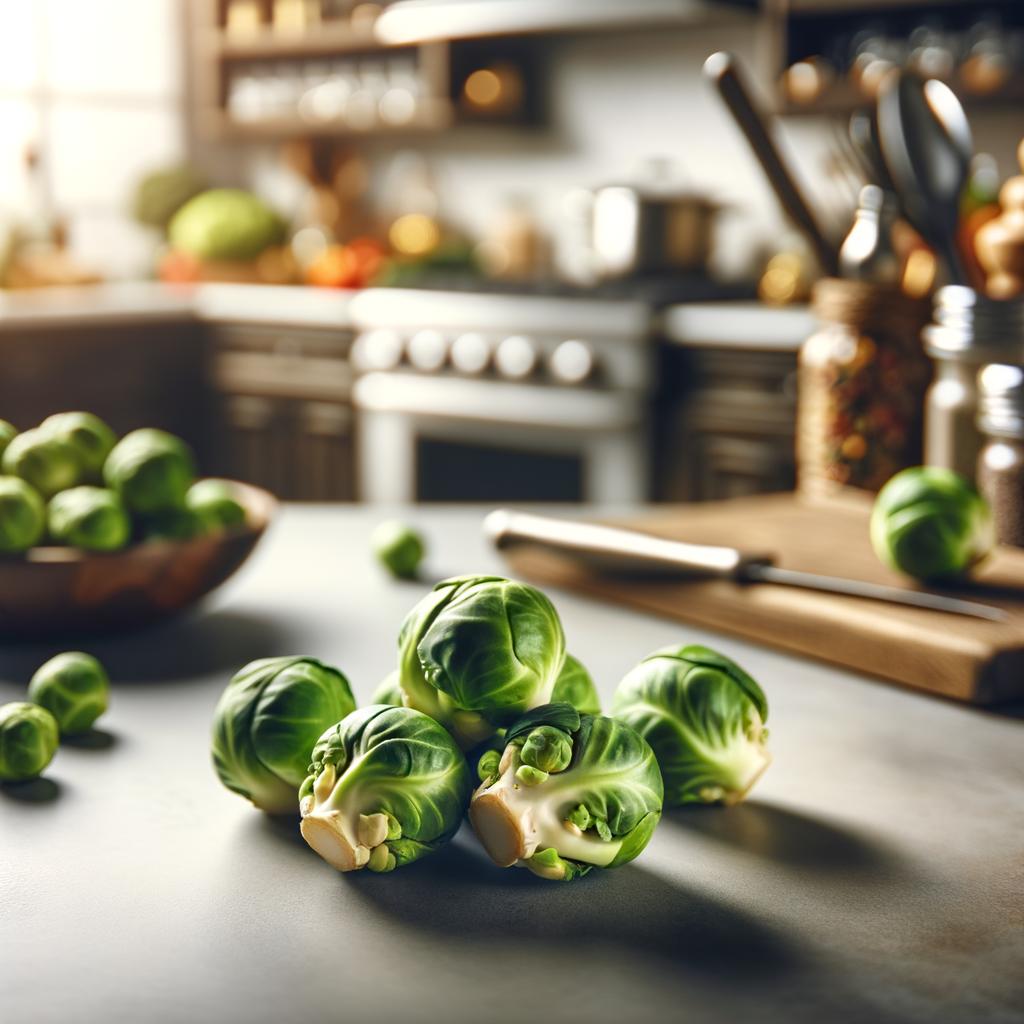Brussel Sprouts

Description
Brussels sprouts, the miniature gems of the vegetable world, are often misunderstood. These tiny cabbages, with their compact, rounded form and tightly packed leaves, are a delightful shade of vibrant green. They have a firm texture, a satisfying crunch, and when cooked right, they reveal a subtly sweet, earthy, and nutty flavor that is truly unique. What sets these little marvels apart is their ability to transform dramatically in flavor and texture depending on how they're prepared. From raw to roasted, their versatility is truly remarkable.
Primary Uses
Brussels sprouts are a culinary chameleon, adapting to a wide range of cooking methods and flavors. They are often boiled, steamed, roasted, or sautéed and served as a side dish. The sprouts are a key component in various cuisines, from the hearty stews of Belgium to the vibrant salads of California. Roasted Brussels sprouts, caramelized to perfection and sprinkled with sea salt, are a modern-day favorite. Beyond their culinary uses, Brussels sprouts are also used in homeopathic remedies for digestive issues due to their high fiber content.
History
The history of Brussels sprouts is as compact and layered as the vegetable itself. They were first cultivated in Ancient Rome but gained their name from Belgium's capital, Brussels, where they were widely grown in the 16th century. The sprouts were introduced to the United States by French settlers in the 18th century. Initially, they were not as popular as other vegetables due to their distinctive flavor. However, with time, as cooking methods evolved and the sweet potential of these sprouts was discovered, their popularity soared. A fun folklore tale tells of Belgian children born in the cabbage fields, hence the sprouts' miniature cabbage-like appearance.
Nutritional Information
Brussels sprouts are a nutritional powerhouse. They are rich in vitamins C and K, and a good source of fiber, vitamin A, and folate. They also contain kaempferol, an antioxidant that may reduce cancer growth, decrease inflammation, and promote heart health. Despite their small size, they pack more vitamin C than oranges. When compared to their close relatives, cabbage, they have a higher concentration of protein. However, overconsumption can lead to bloating due to their high fiber content. In the world of vegetables, Brussels sprouts truly stand out as a nutritional champion with a history and flavor as rich as its nutrient profile.

